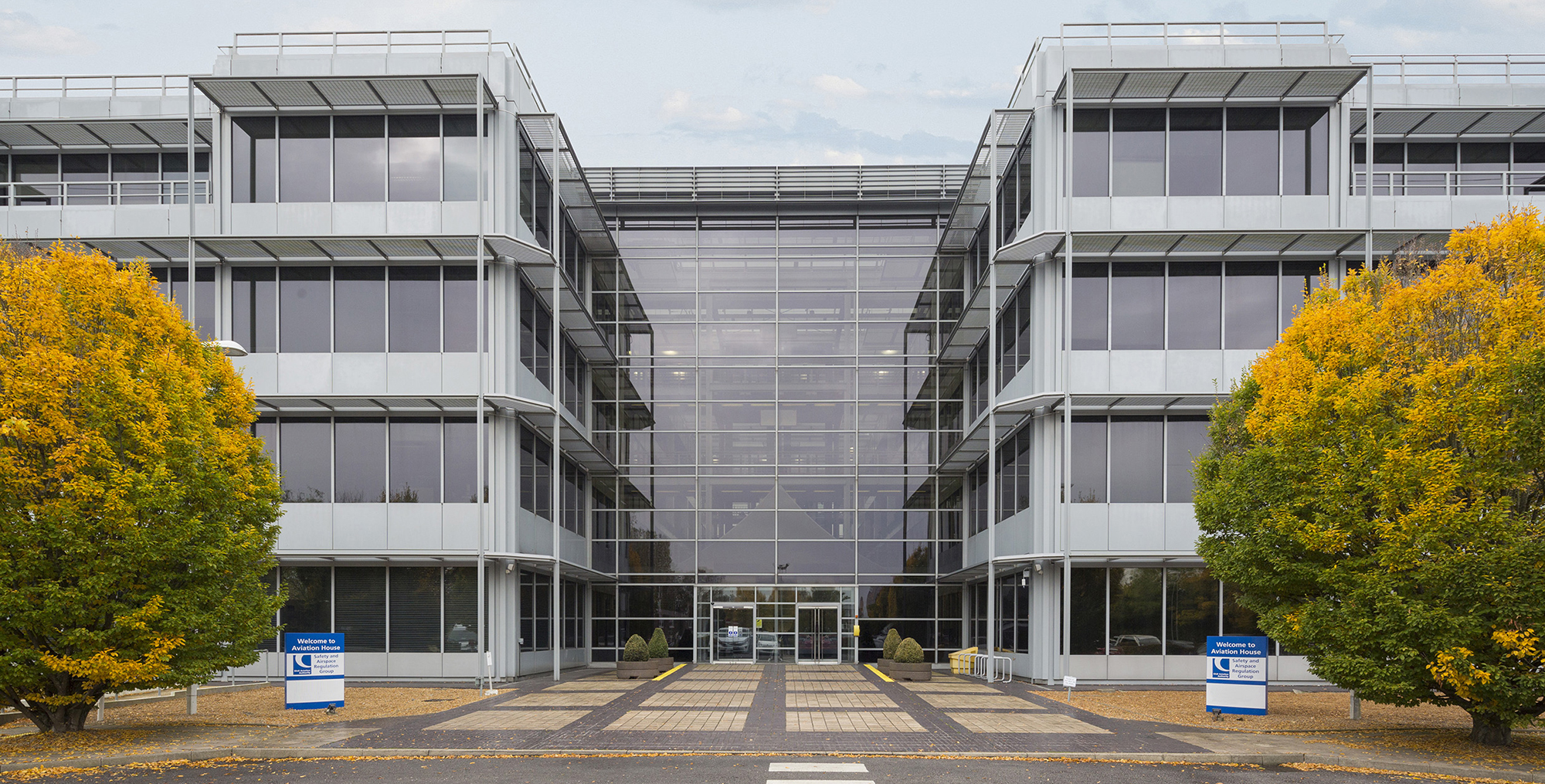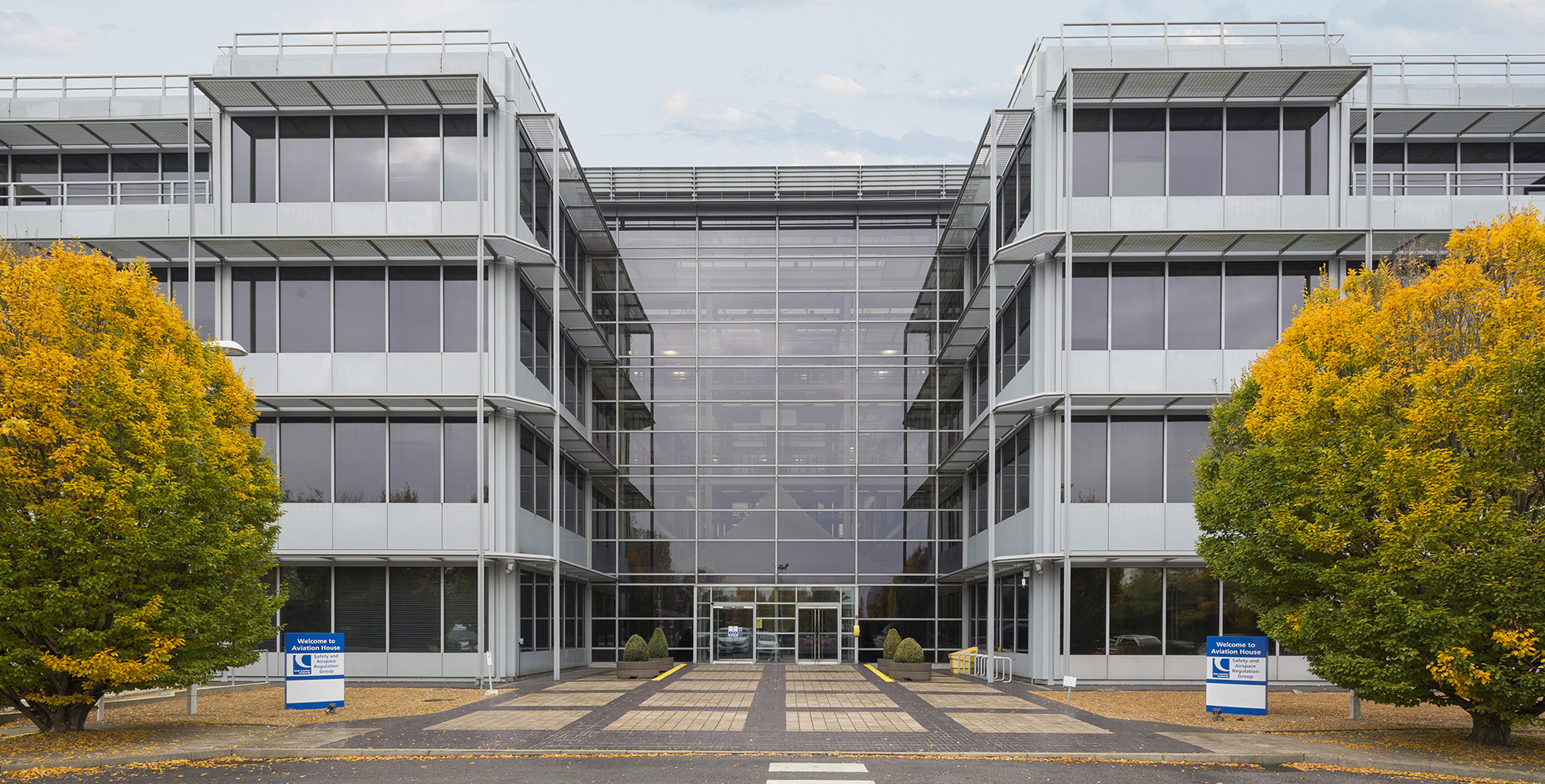News
Blogs
Contact the Corporate Communications Team
The UK Civil Aviation Authority (CAA) provides a 24 hour, 365 days a year service for journalists and media professionals.
We work to build strong and constructive relationships with journalists and stakeholders interested in aviation and aerospace.
Newsdesk
Email: press.office@caa.co.uk
Telephone: 0333 103 6000 (09:00 - 17:00 Monday to Friday)
From outside the UK: +44 333 103 6000
Urgent out of hours media enquiries: 07789 745 636 (outside office hours and during UK public holidays)
The press office team are not able to assist with consumer enquiries. If you are a consumer seeking support visit 'How the CAA can help' for further information.





